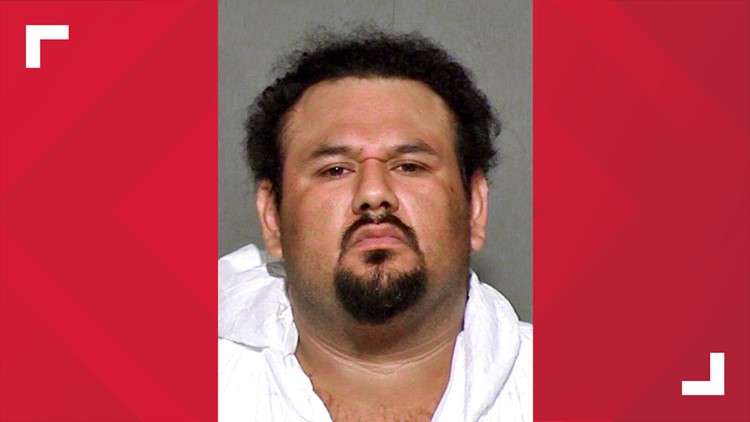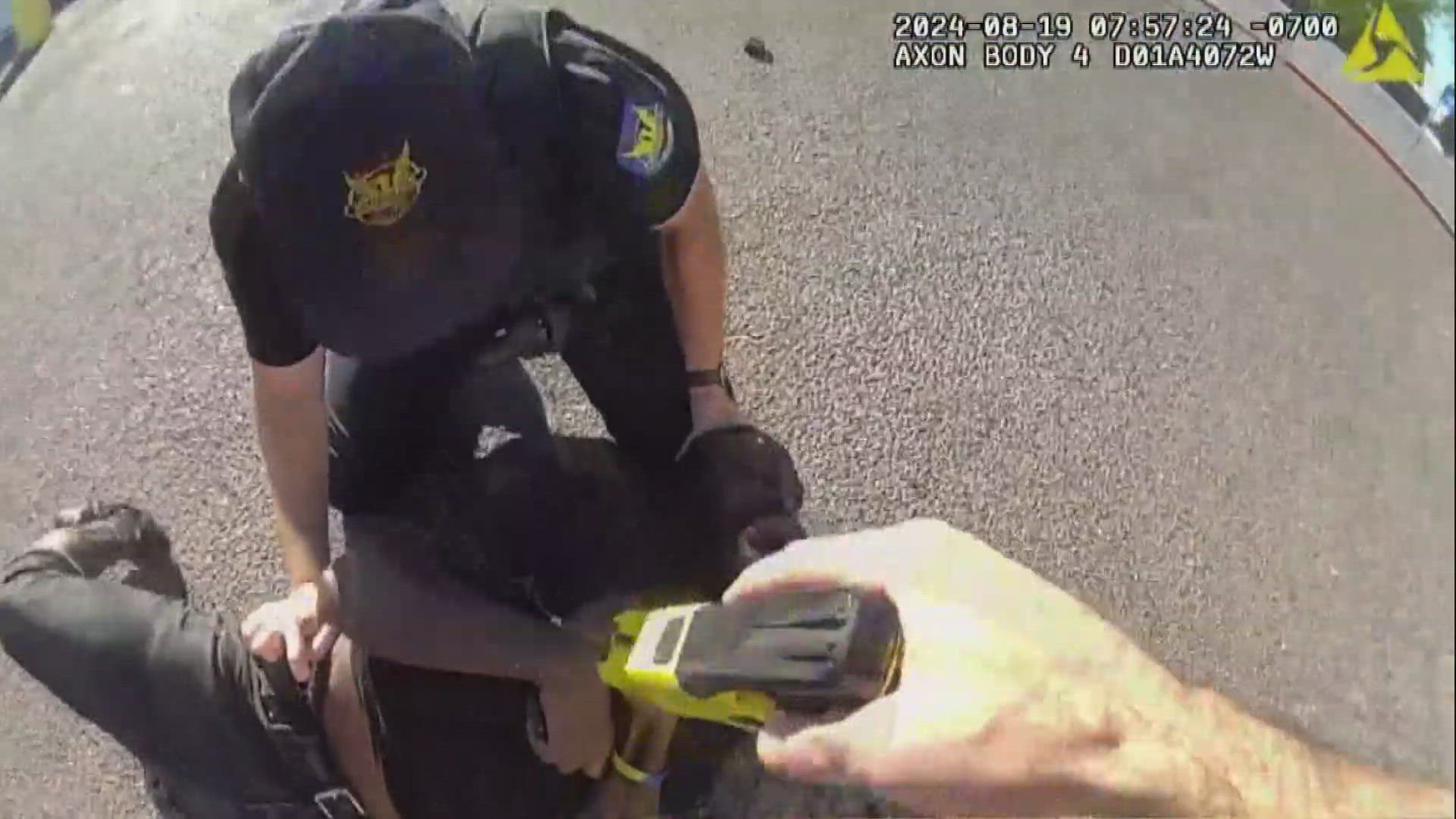PHOENIX (AP) — Lawyers for a Mexican immigrant charged with murder in the 2015 shooting death of a convenience store clerk are urging the Arizona Court of Appeals to reject an effort by prosecutors to seek the death penalty against their client.
Earlier this month, authorities appealed a lower-court decision that said prosecutors could no longer seek the death penalty against 34-year-old Apolinar Altamirano in the shooting death of 21-year-old clerk Grant Ronnebeck because Altamirano is intellectually disabled. Prosecutors argued the judge failed to make an overall assessment of Altamirano's ability to meet society's expectations of him and adapt to the requirements of daily life as an adult.
But Altamirano's lawyers said in court records filed a week ago that the judge had already considered evidence of their client's weaknesses and strengths in such "adaptive behavior," including his work ethic, relationships with loved ones and ability to hold down a job and support his family.
Altamirano's lawyers said the state isn't saying the judge "committed legal error or abused his discretion, but instead merely takes issue with the way in which he weighed and assessed the credibility of the evidence."
The case against Altamirano has been cited by President Donald Trump, who has railed against crimes committed against American citizens by immigrants who are the United States illegally.
Trump, who has created a new office to serve victims of immigration crimes and their relatives, has invoked such crimes at rallies, pointing to cases in which people were killed by immigrant assailants who slipped through the cracks.
Altamirano, whose hometown is Damian Carmona in central Mexico, has lived in the United States without authorization for about 20 years. He was deported after a marijuana possession arrest and returned to the United States.
He is accused of fatally shooting Ronnebeck at a store in Mesa after the clerk insisted that Altamirano pay for a pack of cigarettes. Authorities say Altamirano stepped over Ronnebeck to get several packs of cigarettes before leaving the store.
He led officers on a high-speed chase before his arrest, and handguns and unopened cigarettes were later found in his vehicle, police said.
Altamirano has already been sentenced to six years in prison for his earlier guilty pleas in the case to misconduct involving weapons.
He still faces murder, robbery and other charges in Ronnebeck's death. He has pleaded not guilty to the remaining charges.
His trial was scheduled to begin Thursday, but it has been postponed. No new trial date has been set.
In an October decision, a judge prohibited prosecutors from introducing evidence at Altamirano's trial that he was in the United States illegally. The judge said the prejudice from Altamirano's immigration status outweighs any relevance it may have.
The U.S. Supreme Court in 2002 barred the execution of intellectually disabled people.



